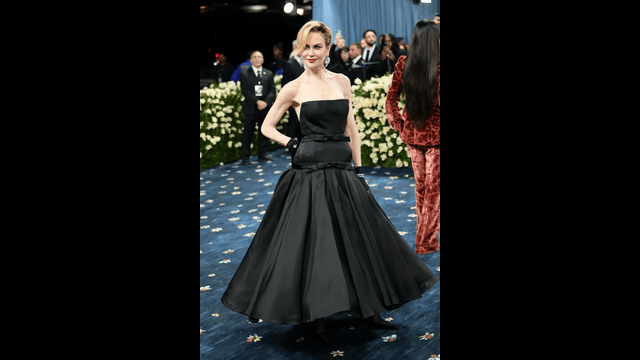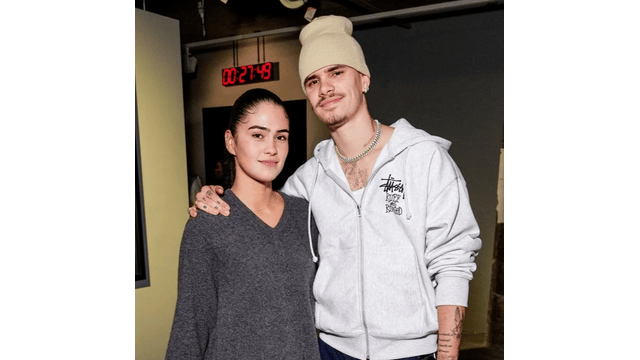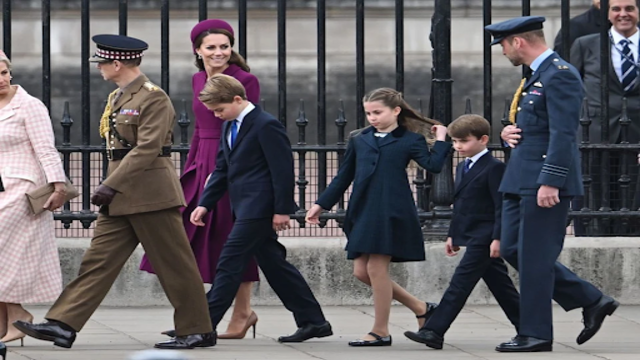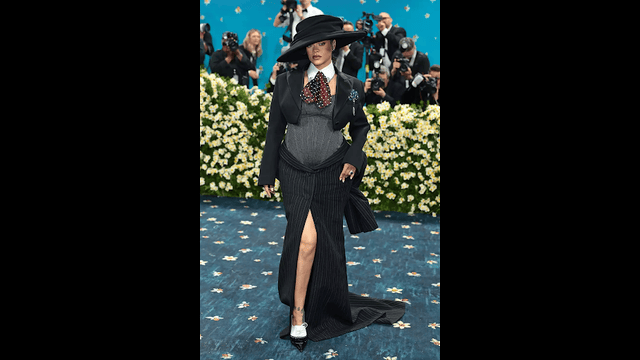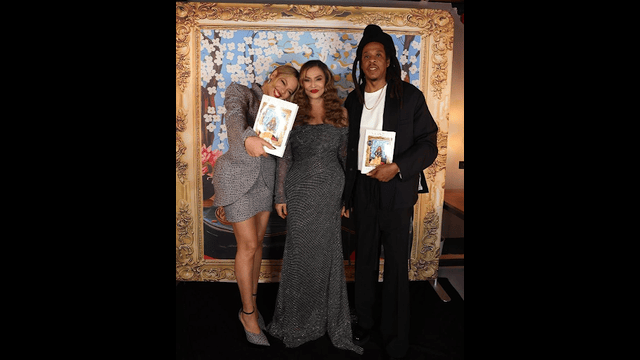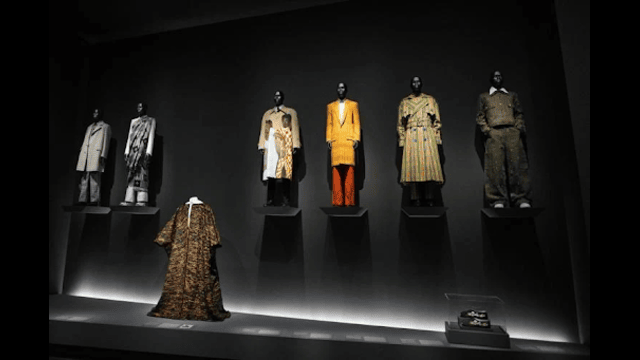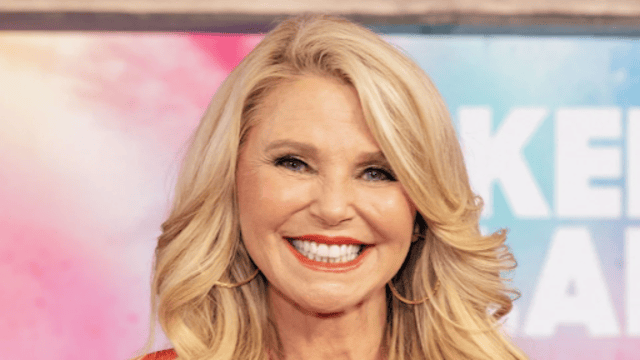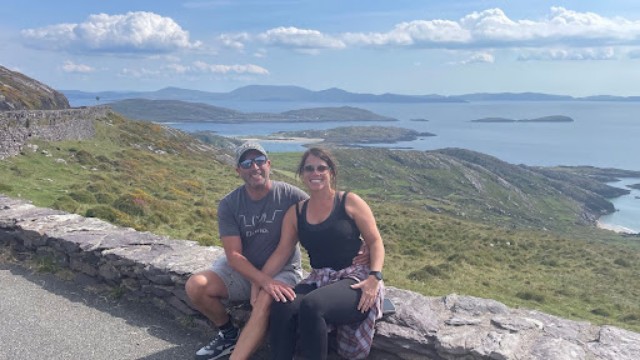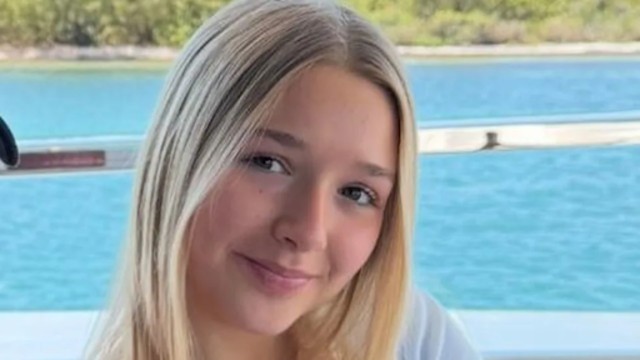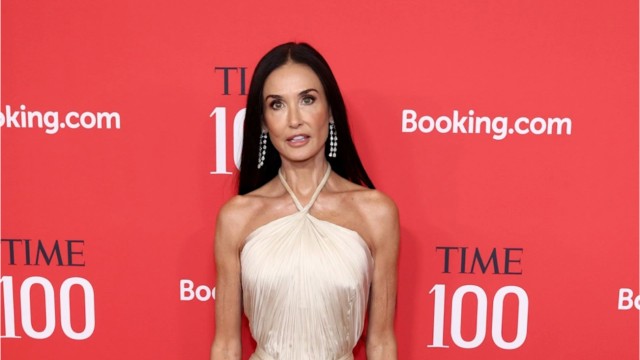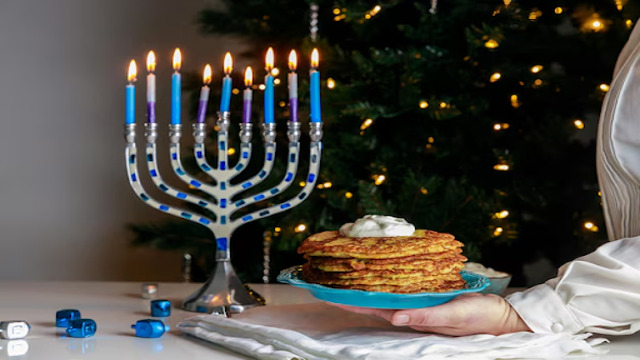
Hanukkah begins on Christmas Day this year, marking a rare coincidence of the two holidays.
Hanukkah, the eight-day Festival of Lights in Judaism, has a rare occurrence this year, falling on Christmas Day. This is only the fourth time since 1900 that the two holidays have overlapped. The timing has presented a unique opportunity for interfaith engagement, where some rabbis see the possibility for deeper collaboration and understanding between different religious communities.
Rabbi Josh Stanton, a vice president at the Jewish Federations of North America, sees the overlap as a moment for shared learning and togetherness. He emphasized that the goal isn't about proselytizing but learning from one another and fostering mutual respect. "It’s others seeing you as you see yourself," he said, underlining the importance of this interfaith exchange. One notable example of this unity is the Chicanukah event in Houston, where the city's Latino and Jewish communities came together for a celebration that blended both cultures. Hosted at the Holocaust museum, the event featured a mix of traditional Hanukkah foods like latkes and sufganiyot alongside Latino treats like buñuelos. The event was highlighted by a mariachi band that even played the Jewish folk song “Hava Nagila.” "What really brings us together is our shared values—our faith, our families, our heritage," said Erica Winsor, a representative of the Jewish Federation of Greater Houston.
The celebration, which started 12 years ago, has grown significantly. Rabbi Peter Tarlow noted that this year’s event saw around 300 attendees, a significant increase from the 20 who showed up initially. It highlighted the importance of unity, especially in the face of rising hate and division. "There’s too much hate, too much separation against both Jews and Latinos," Tarlow added. "This is a way we can come together and show we support each other."
Despite the festive nature of Hanukkah, this year’s celebration takes place against a backdrop of heightened tensions due to ongoing conflicts in the Middle East and rising incidents of antisemitism. Rabbi Moshe Hauer, executive vice president of the Orthodox Union, acknowledged that many Jews may feel anxious, but he expressed confidence that the core tradition of lighting the menorah would continue. "The posture of our community is that the menorah should be in our windows, in a place where the public sees it," he said. Hauer emphasized that this is not just for the Jewish community, but a way to share light with the world. "We have to share that light."
The overlap of Hanukkah and Christmas also marks an important moment in Jewish history. Rabbi Motti Seligson of the Chabad-Lubavitch movement noted that this year marks the 50th anniversary of the first public menorah lighting at Independence Hall in Philadelphia. This event, initiated by Rabbi Menachem M. Schneerson, was a significant moment in celebrating religious freedom. "Hanukkah is a celebration of religious liberty, so that it’s not taken for granted," Seligson said. Chabad has continued this tradition, organizing over 15,000 public menorah lightings worldwide.
Despite some concerns over antisemitism, there is a growing determination to celebrate Hanukkah proudly. Stanton said that, throughout history, Jews have faced both easy and hard times, and "safety for us does not come from hiding. It comes from reaching out." This year, the public celebration of Hanukkah, especially during its overlap with Christmas, serves as a statement of resilience and unity.
In popular culture, the term "Chrismukkah" has gained traction, especially with TV shows like “The O.C.” which used it to depict the blending of Christmas and Hanukkah. Additionally, Hallmark introduced a new movie titled Leah’s Perfect Gift, where a young Jewish woman navigates the complexities of celebrating both holidays with her boyfriend’s family. Despite occasional cultural tensions, research shows that many Jews are increasingly seeking to connect with their own traditions during this time, particularly through volunteering and charitable activities. Stanton concluded by stating that Hanukkah is about showing proudly that you are Jewish—a holiday of freedom, hope, and celebration.


